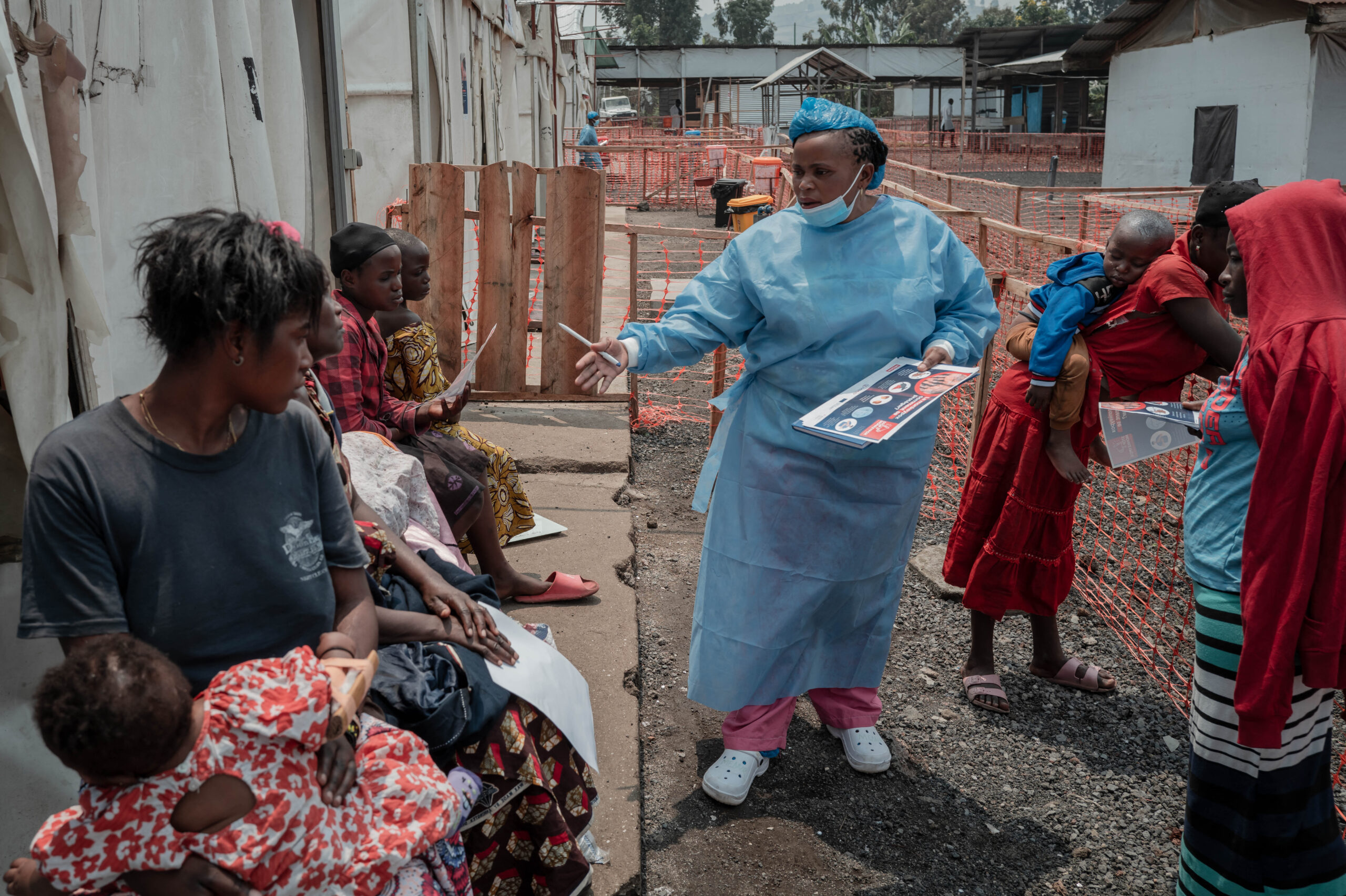US Vaccine Donations to Africa Face Criticism Over Waste

Health officials in Africa have reported that the United States has wasted hundreds of thousands of COVID-19 vaccine doses intended for the continent. This situation arises from the expiration of vaccines that the Biden administration had pledged to deliver. The problem has been exacerbated by significant cuts to foreign aid during the administration of former President Donald Trump.
The World Health Organization (WHO) has expressed concern over the management of these vaccine supplies. According to the WHO, an estimated 600,000 doses of vaccines meant for African nations have gone unused and have now expired. This waste highlights challenges in the global vaccination effort against COVID-19, particularly in regions where access to vaccines remains limited.
As part of its commitment to global health, the Biden administration announced in early 2021 that it would provide vaccines to lower-income countries. However, logistical challenges have hampered the effective distribution of these vaccines. Many doses were left unused in storage facilities, leading to their eventual expiration.
In response to this situation, the Centers for Disease Control and Prevention (CDC) stated that factors such as supply chain delays and the fluctuating demand for vaccines have complicated the distribution process. The CDC has acknowledged that efforts to coordinate with African health authorities were insufficient, contributing to the waste of these critical resources.
Impact on Vaccination Efforts
The wasted vaccines come at a time when many African countries are still struggling to achieve adequate vaccination rates against COVID-19. According to WHO data, as of February 2024, only about 25% of the population in some African nations has received a complete vaccination course. The expiration of these doses has raised concerns about the potential implications for public health in the region.
Health experts emphasize the importance of timely vaccine distribution to combat the spread of COVID-19 variants. The wasted doses could have made a significant difference in vaccination campaigns across Africa, where health systems face numerous challenges, including limited resources and infrastructure.
Officials from various African countries have urged the U.S. government to enhance its support for vaccination efforts. They argue that more robust coordination and timely deliveries could significantly improve vaccination rates and save lives.
Future Steps and International Cooperation
Looking ahead, there is a call for improved international cooperation in vaccine distribution. The U.S. government and health organizations are urged to implement better logistics strategies to ensure that vaccines reach their intended destinations before they expire.
In light of the recent waste, health officials are advocating for a more transparent and accountable process for global vaccine donations. This includes better forecasting of vaccine needs and closer collaboration with local health authorities to optimize distribution strategies.
The situation underscores the critical importance of addressing vaccination disparities around the world. As nations continue to grapple with the effects of the pandemic, ensuring that vaccines are delivered effectively and efficiently remains a top priority for global health initiatives.






